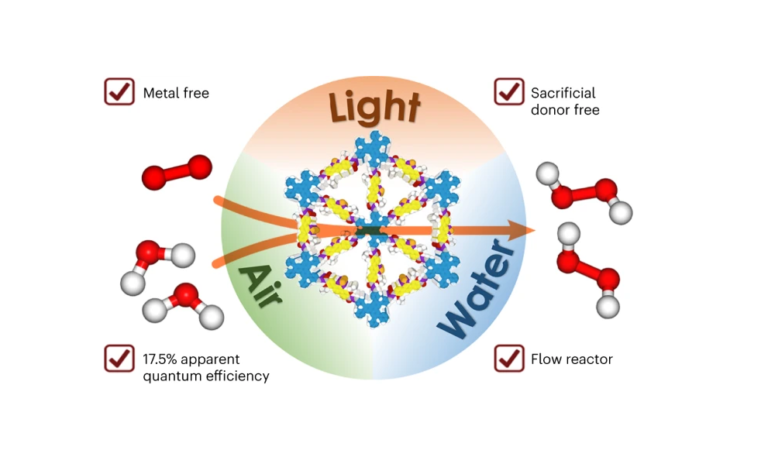
What to Do with Old Socks: Imaginative Solutions to Give Your Old Socks New Life
Socks: those humble garments we slip onto our feet daily, often underappreciated until they’re worn, torn, or mismatched. But what if we told you those old, seemingly useless socks cluttering your drawer could have a second life? Yes, you read it right! From DIY projects to practical hacks, a world of possibilities awaits your old socks. Join us as we explore imaginative solutions to give your old socks new life! In addition to the creative side, we’ll discuss how important socks are for your health and how they impact the environment. Plus, we’ll provide some advice on making your socks

























